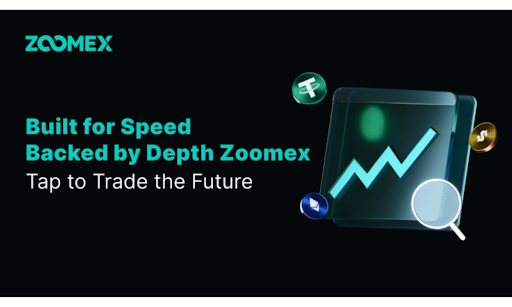Across Protocol Founders Accused Of Manipulating DAO Votes To Extract $23 Million

Across Protocol founders are facing serious accusations of manipulating decentralized autonomous organization governance to funnel $23 million worth of tokens to their affiliated company, Risk Labs. The allegations emerged on June 27, 2025, when pseudonymous blockchain investigator Ogle published detailed claims on X, accusing the cross-chain bridge team of orchestrating secretive governance proposals that directly benefited insiders. Cointelegraph reports that Hart Lambur, who founded both Risk Labs and Across Protocol, has categorically denied the claims and defended his company's nonprofit status.
Allegations Detail Secret Voting Manipulation
The controversy centers on two governance proposals that transferred 150 million ACX tokens, worth approximately $23 million at current prices, to Risk Labs over separate voting periods. According to Cryptonews, the first proposal in October 2023 granted 100 million ACX tokens under the pretense of future development support, with claims that tokens would not be sold for two years. However, Risk Labs allegedly began selling token option agreements to external investors shortly after.
The second proposal requested 50 million ACX tokens as "retroactive funding" and only passed due to insider-controlled wallets providing enough votes to reach quorum. Ogle's analysis revealed that significant voting power originated from wallets linked to Hart Lambur and Risk Labs team members. The second-largest voting wallet in the proposal, accounting for almost 14% of the total vote, was initially funded by Hart Lambur himself.
Bitcoin Ethereum News reports that without these insider votes, the second proposal would not have reached the minimum participation threshold required for passage, casting doubt on the legitimacy of the governance process.
Market Response And Token Performance
The ACX token has experienced severe price pressure following these allegations. Trading at $0.1467 according to CoinMarketCap, the token dropped 10% in the 24 hours following the accusations and has declined over 40% in the past month. The token now trades 91% below its all-time high of $1.69 set in December 2024.
The broader cryptocurrency community has responded negatively to the allegations. Bryan Pellegrino, founder of Stargate and LayerZero, retweeted Ogle's original post almost immediately, leading to a public confrontation with Lambur. The incident has reignited discussions about the concentration of power in supposedly decentralized organizations and the effectiveness of token-based governance systems.
Despite the controversy, Across Protocol maintains its position as a prominent cross-chain bridge protocol. The project has processed $19 billion in total volume to date and recently secured $41 million in strategic funding led by Paradigm in early 2025, bringing total capital raised to $51 million.
Broader Implications For DAO Governance
This controversy reflects wider challenges facing decentralized autonomous organizations across the cryptocurrency ecosystem. Cryptowisser research shows that many DAOs struggle with low participation rates and whale dominance, where large token holders can effectively control governance decisions despite claims of decentralization.
The Across Protocol incident demonstrates how founders and insiders can potentially circumvent democratic governance processes through coordinated voting using multiple wallets. This practice, known as governance capture, poses significant risks to the integrity of DAO decision-making and undermines trust in decentralized governance models.
Security experts note that cross-chain bridges like Across Protocol face unique challenges beyond governance issues. Built In analysis indicates that bridge protocols have been targets of major hacks, with over $2 billion stolen from cross-chain infrastructure in recent years. The combination of technical vulnerabilities and governance risks creates complex security considerations for users and investors.
The incident also raises questions about the legal status of DAOs and their affiliated entities. Risk Labs operates as a Cayman Islands-based nonprofit, but the relationship between the DAO and the company remains complex. As regulatory frameworks for DAOs continue to evolve, cases like this may influence how authorities approach governance transparency and insider trading in decentralized organizations.
Moving forward, the cryptocurrency community continues to grapple with balancing the benefits of decentralized governance against the risks of insider manipulation. While DAOs offer innovative approaches to organizational management, incidents like the Across Protocol controversy demonstrate the ongoing need for robust governance frameworks and transparency measures to protect community interests and maintain trust in decentralized systems.
Related Reading on DAO Times
For readers interested in understanding more about DAO governance and tooling, we recommend checking out the Comprehensive DAO Tooling Guide on DAO Times. This resource provides an extensive overview of essential tools and platforms that can help DAOs implement better governance practices, improve transparency, and prevent the types of issues highlighted in the Across Protocol case. The guide covers voting mechanisms, treasury management tools, and governance frameworks that could help organizations avoid centralization risks and ensure more democratic decision-making processes.





